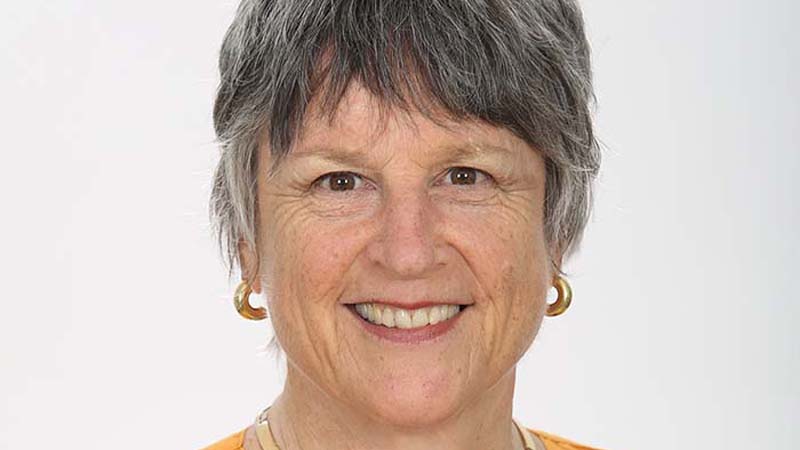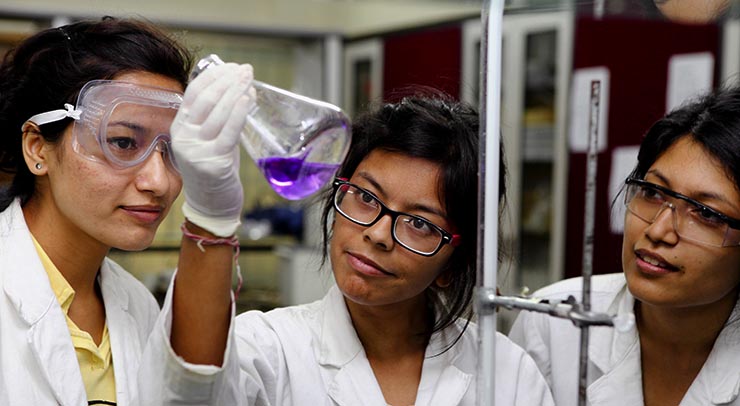By: Maina Waruru
Send to a friend
The details you provide on this page will not be used to send unsolicited email, and will not be sold to a 3rd party. See privacy policy.
Society needs to help girls be more confident about their abilities about maths and science, according to Jennifer Thomson, the executive president of the Organisation for Women Scientists for the Developing World (OWSD), a body that aims to nurture female researchers in the global South.
Thomson is the winner of the 2004 L'Oréal-UNESCO Women in Science for Africa prize, and the first woman to head a department at the University of Cape Town, South Africa. She now wants to increase OWSD’s representation around the world and appoint ambassadors who can help open doors to aspiring female scientists in the developing world.

Jennifer Thomson, executive president OWSD
She spoke to SciDev.Net about her motivations as a scientist and the barriers she has faced in her career.
Briefly describe to us your career journey and what drove you.
Do you consider yourself successful, or do you feel you have more ground to cover?
Are there any challenges in your career that you feel came your way simply because you were a woman?
In general terms, what are some of the major challenges that young female scientists face in the developing world?
You have a rich CV, and a long association with the OWSD even before rising to president of the executive board. Where do you wish to take the organisation during your term?
Which areas of the world need more representation in OWSD?
Are there things that you feel you must achieve during your term as OWSD Chair?
Your work at the University of Cape Town presumably involves supervising graduate students and research in the lab and field. Is this something you enjoy, and what are your experiences like as lecturer?
A lot of girls, for example in many African countries, grow up in school ‘fearing’ mathematics and sciences, which are the very basis for a career in the sciences. What would you advise them and their teachers as a mentor?
This is part of a SciDev.Net article series on Role Models.














